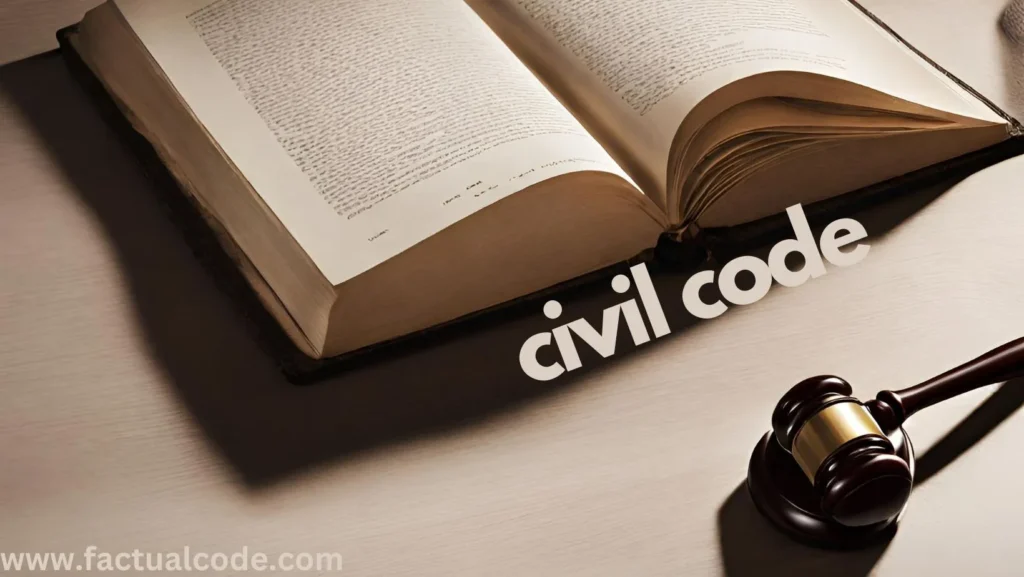Short Version:
Substituted Service (Order V, Rule 20, CPC)
Substituted service allows courts to serve defendants through alternative methods when direct personal service is impossible or impractical, ensuring cases proceed without undue delay.
Purpose and Conditions
Substituted service is intended to prevent evasion by defendants. It is permitted only when:
- Personal service has failed, and the court is convinced it cannot be reasonably achieved.
- The plaintiff demonstrates diligent efforts to locate the defendant.
Methods of Substituted Service
Courts may order:
- Affixation: Summons is attached to the defendant’s property.
- Example: Teharoonchand vs Surajmull Nagarmull (1983) – Validated affixation when a defendant refuses notice.
- Publication: Notice is published in a local or national newspaper.
- Example: Rabindra Singh vs Financial Commissioner (2008) – Upheld newspaper publication as valid service.
Notable Case Laws
- Salem Advocate Bar Association vs Union of India (2005): Supreme Court emphasized flexibility in service methods when personal service is impractical.
- M/S. Neerja Realtors Pvt. Ltd. vs Janglu (2018): Authorized substituted service through publication when the defendant is deceased and no legal representatives are available.
Conclusion
Substituted service is a valuable tool under CPC, allowing cases to progress when defendants evade or cannot be personally served. Courts apply it cautiously, balancing the need for efficient proceedings with fairness to all parties.
Long Version:
Introduction
Substituted service is a procedural tool under Order V, Rule 20 of the Code of Civil Procedure, 1908 (CPC), designed to ensure that a defendant is notified of legal proceedings even when direct service proves unachievable. It upholds the principle of natural justice by allowing proceedings to continue without undue delays due to difficulties in serving notice.
Purpose of Substituted Service
The aim of substituted service is to prevent defendants from evading legal notices. By using alternative methods, courts ensure that defendants are informed, thus avoiding unnecessary delays in legal proceedings.
Conditions for Granting Substituted Service
Substituted service is conditional and requires the court’s discretion. The court may order substituted service only if:
Failure of Personal Service:
Attempts to serve the defendant personally or through regular means (like registered post) have failed. Proof of this is often provided through affidavits or documented attempts at service.
Court’s Satisfaction of Impossibility of Service:
The court must be convinced of the impracticality of personal service.
Evidence of Diligent Effort:
The plaintiff must demonstrate reasonable diligence in attempting to serve the defendant, including affidavits detailing prior efforts and reasons for the failure of regular service.
Case Law Examples:
Salem Advocate Bar Association, Tamil Nadu vs Union of India (2005):
The Supreme Court underscored the necessity of substituted service as a flexible and essential tool for ensuring justice, especially when defendants attempt to evade service. The Court stressed that alternative service methods are crucial where direct personal service is impractical.
Kanshi Ram Mohan Lal vs Smt. Bhagwan Kaur (1968):
The Punjab and Haryana High Court confirmed that substituted service is warranted when personal service cannot be achieved, ensuring that plaintiffs’ rights are protected and the case can proceed without undue delay.
Procedure and Methods of Substituted Service
Once the court determines the necessity for substituted service, it can authorize methods such as:
Affixing the Summons on the Premises:
- The summons may be affixed to a visible part of the defendant’s residence or business address when they are known to be avoiding service.
Relevant Case: Teharoonchand vs Surajmull Nagarmull (1983) –
The Calcutta High Court held that substituted service via affixation is valid if the defendant’s residence is known but they refuse to accept notice.
Publication in Newspapers:
- The court may direct publication in local or national newspapers, particularly when the defendant’s whereabouts are uncertain.
Relevant Case: Rabindra Singh vs Financial Commissioner, Cooperation, Punjab (2008) –
The Punjab and Haryana High Court upheld that newspaper publication is a valid method of substituted service, ensuring the defendant has a fair opportunity to respond.
Electronic Communication (Emerging Method):
- Although not mentioned in Order V, Rule 20, courts increasingly authorize electronic means such as email or WhatsApp as supplementary service methods.
Legal Safeguards and Judicial Caution
The court exercises caution to prevent misuse of substituted service:
Court’s Discretionary Power:
Substituted service must be used judiciously, safeguarding the defendant’s right to be informed of the proceedings.
Legal Safeguards:
The court relies on affidavits or other proofs of prior attempts before granting substituted service to ensure fairness.
Case Law Example: M/S. Neerja Realtors Pvt. Ltd. vs Janglu (Dead) Thr. Lr (2018) –
The Supreme Court supported substituted service when a defendant is deceased, allowing for alternative methods like publication to ensure legal continuity.
Substituted Service and Its Effect on Ex-parte Proceedings
If a defendant fails to appear after a validly ordered substituted service, the court may proceed ex-parte, presuming that the defendant has had reasonable opportunity to be informed about the case.
Law Commission Recommendations on Substituted Service
The Fourteenth Law Commission Report of India recommended cautious use of substituted service, emphasizing the importance of personal service. However, it acknowledged the necessity of substituted service when defendants evade traditional methods.
Challenges and Criticisms
- Limited Reach of Substituted Service: Defendants may not always receive notice if public means have limited reach.
- Risk of Misuse: Substituted service could be misused to expedite proceedings against absent defendants if not adequately scrutinized.
Conclusion
Substituted service under Order V, Rule 20, is a necessary alternative in the CPC framework, used to prevent delays and ensure defendants cannot avoid justice by evading summons. Courts exercise caution in employing substituted service, emphasizing fairness, diligence, and procedural justice while allowing the proceedings to continue in a balanced manner.
References- THE CODE OF CIVIL PROCEDURE, 1908 Order V, Rule 20, CPC Teharoonchand vs Surajmull Nagarmull (1983) Rabindra Singh vs Financial Commissioner (2008) Salem Advocate Bar Association vs Union of India (2005) M/S. Neerja Realtors Pvt. Ltd. vs Janglu (2018) Kanshi Ram Mohan Lal vs Smt. Bhagwan Kaur (1968)

